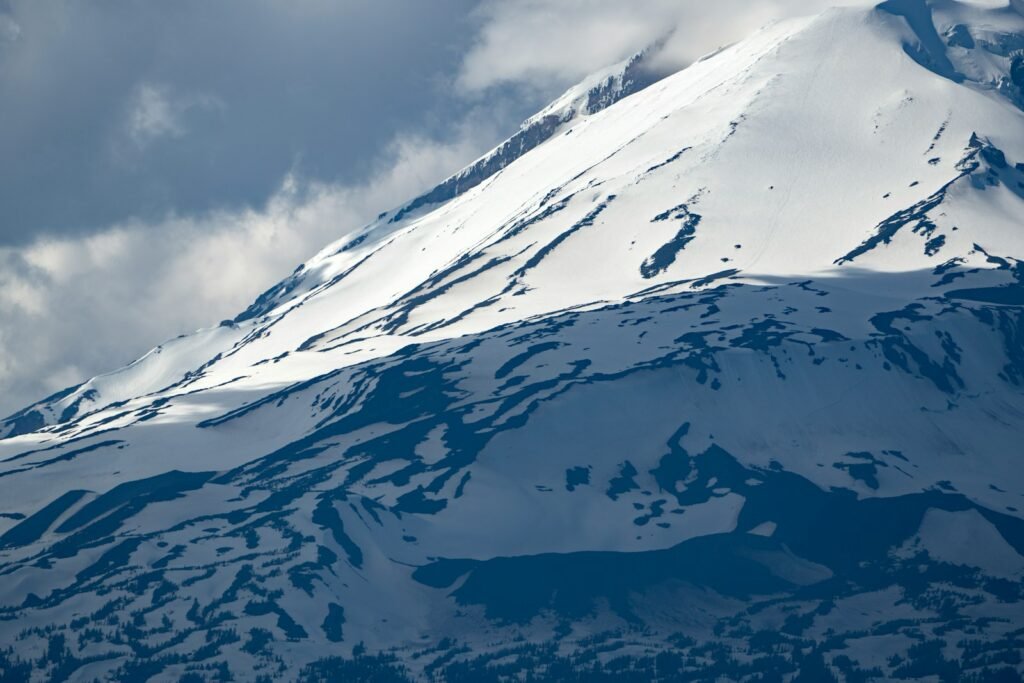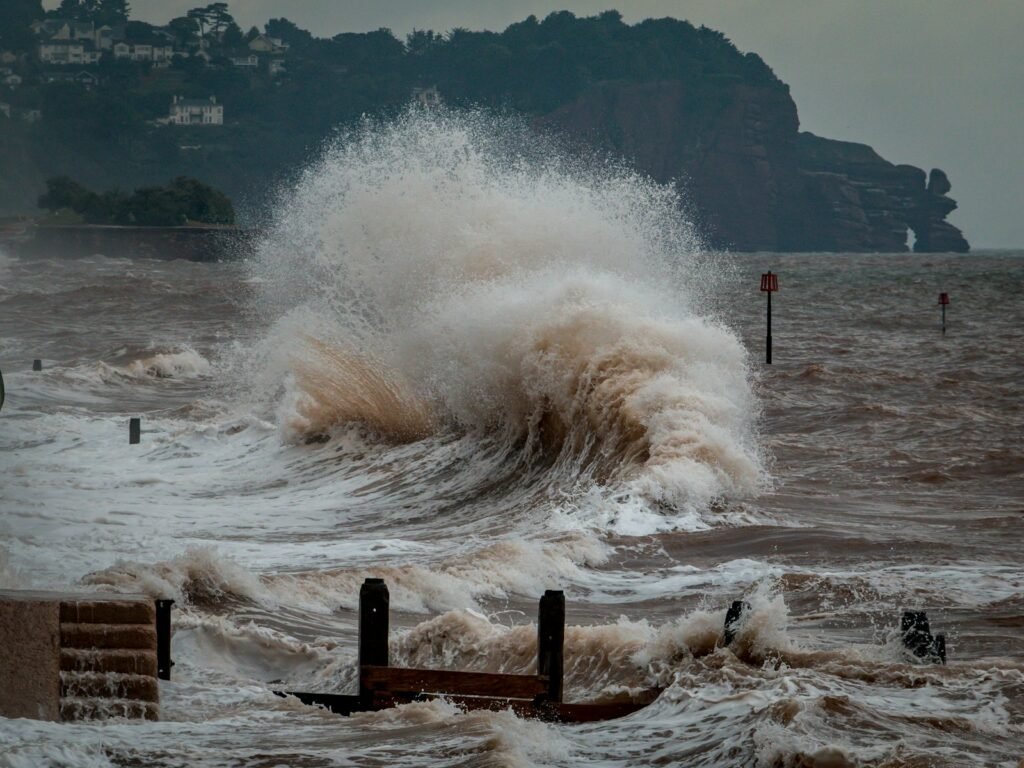Imagine waking up to the melodic chorus of birdsong, the air crisp and filled with the scent of pine, as a wild deer grazes quietly outside your cabin. Europe’s wild places are calling, more vibrant and vital than ever, offering summer adventures that don’t just feed your soul—they help save the very landscapes you explore. In a world where travel can sometimes harm the environment, a new movement is gaining ground: eco-getaways that actively support conservation. This isn’t just about sleeping in a tent or skipping plastic straws. It’s about immersive journeys where your presence protects ancient forests, endangered species, and delicate habitats. The wild heart of Europe is alive with hope—and you can be part of the story.
Wildlife Sanctuaries in the Scottish Highlands
The Scottish Highlands are a tapestry of dramatic mountains, deep lochs, and dense woodlands teeming with life. Eco-lodges and wildlife reserves here aren’t just places to stay—they are guardians of Scotland’s natural heritage. Guests can join rewilding projects, planting native trees to restore lost Caledonian forests. Spotting red squirrels, pine martens, or even the majestic golden eagle is no longer a rare treat but a reward for supporting habitats under threat. Guided tours by passionate rangers reveal the subtle connections between each plant and animal, making every walk an act of discovery. By choosing these eco-getaways, travelers help fund ongoing research to bring back lost species like the wildcat and the beaver. The landscape becomes a living classroom, reminding us how fragile and precious true wilderness remains.
Wolf Tracking in the Carpathian Mountains
Deep in the Carpathians, vast forests conceal one of Europe’s most mysterious residents—the wolf. Eco-getaways here blend adventure with conservation, inviting guests to join scientists on real tracking expeditions. Nights are spent in rustic eco-lodges, where every euro goes toward anti-poaching patrols and education programs for local communities. Tracking wolves is more than a thrill; it’s a lesson in patience, respect, and the delicate balance of ecosystems. The joy of finding a fresh paw print or hearing a distant howl is matched only by knowing your visit helps secure a future for these misunderstood predators. By supporting wolf conservation, travelers help protect entire food chains, from tiny rodents to the ancient trees that shelter them.
Marine Adventures in the Azores
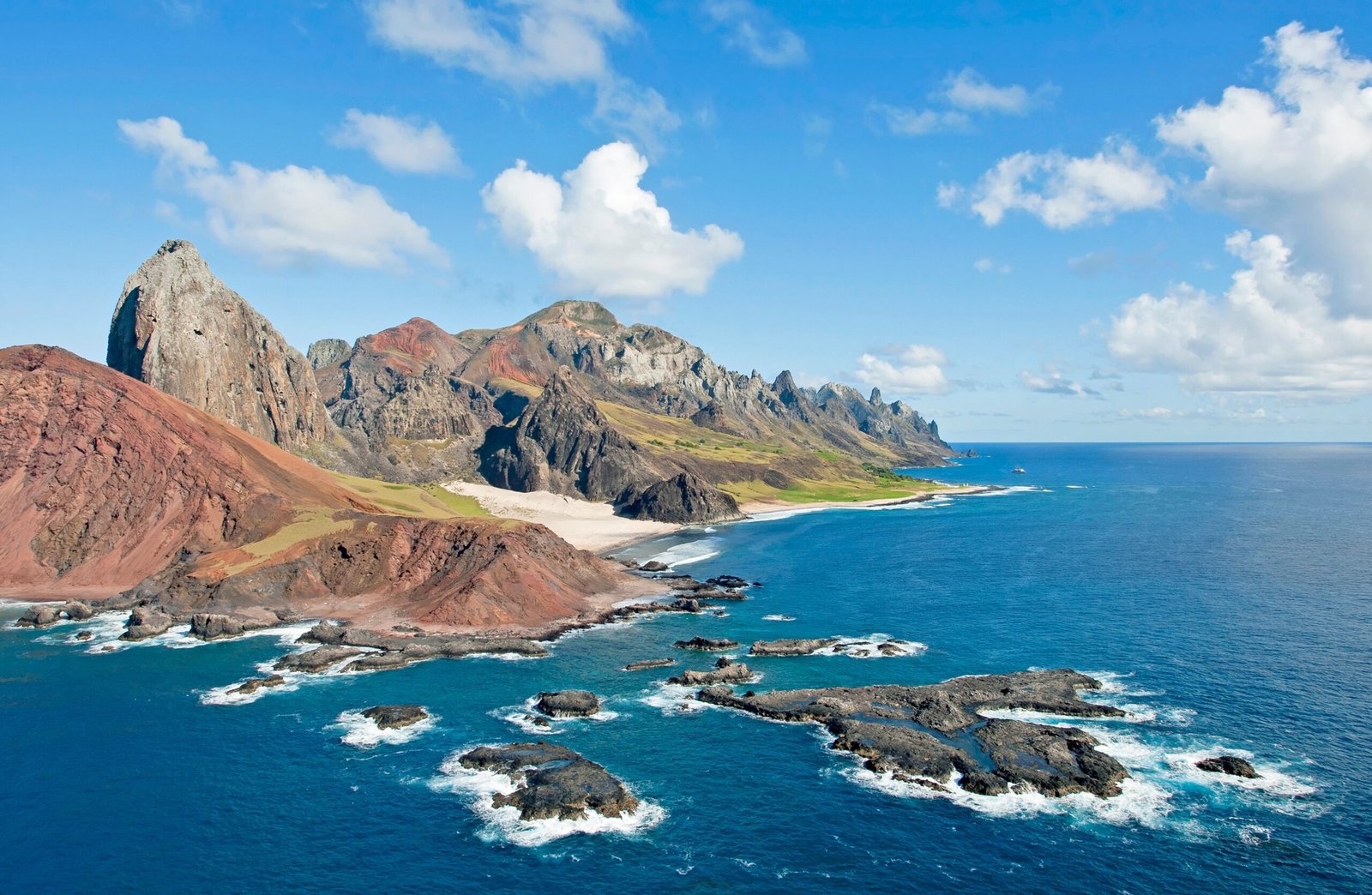
The Azores archipelago, scattered across the Atlantic, is Europe’s secret garden of the sea. Whale watching tours here are strictly regulated to minimize disturbance, and many operators fund marine research through every visitor’s ticket. Snorkeling in crystal-clear waters, you might glimpse bottlenose dolphins, loggerhead turtles, or even the mighty sperm whale. These eco-adventures support the creation of marine protected areas, safeguarding fragile coral reefs and migratory routes. Travelers can volunteer with local scientists, learning how to monitor ocean health and rescue stranded marine life. The experience is as humbling as it is exhilarating, revealing the interconnectedness of all ocean life.
Organic Farms and Wildflower Meadows in France
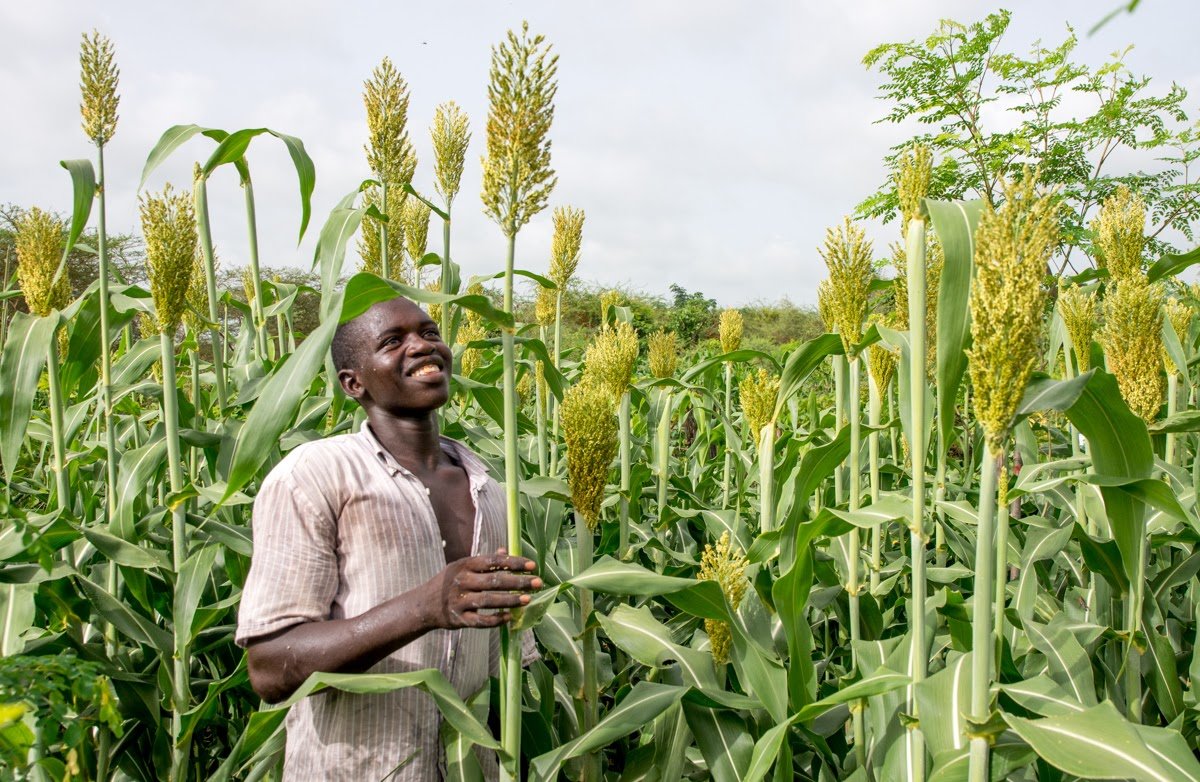
In the French countryside, eco-getaways on organic farms offer a rare chance to see biodiversity up close. Guests help harvest lavender, plant trees, or create wildflower meadows—simple acts that attract bees, butterflies, and birds. Many of these farms are part of larger conservation networks, preserving old hedgerows and traditional orchards that are vanishing from modern agriculture. Daily life moves with the rhythm of the seasons, making visitors feel part of a cycle much older than themselves. Every stay funds habitat restoration projects, turning forgotten corners of farmland into sanctuaries for rare species like the European hamster or the little owl. It’s a gentle, grounding way to make a difference.
Rewilding Projects in Portugal’s Côa Valley
The Côa Valley in northern Portugal is a living experiment in rewilding—restoring ancient landscapes to their untamed glory. Eco-lodges here are powered by renewable energy, and guests are invited to join in hands-on conservation work. Guided walks reveal how native horses and cattle are being reintroduced to balance the ecosystem, controlling shrubs and helping rare wildflowers return. Birdwatchers are treated to sightings of griffon vultures and black storks, while nighttime safaris offer a chance to spot elusive wild boar. Every adventure funds local employment, scientific research, and the slow, patient return of wilderness to Europe. The sense of hope and renewal is contagious.
Butterfly Havens in the Italian Alps
The sunlit slopes of the Italian Alps hide a dazzling secret: rare butterfly species that flutter above alpine meadows. Eco-getaways here partner with local NGOs to protect these delicate insects and the plants they depend on. Guests can join butterfly counts or help restore wildflower habitats, learning why pollinators are vital for both nature and agriculture. The alpine air is alive with color and movement, reminding visitors of the beauty that thrives when humans step lightly on the land. Each visit supports ongoing research and inspires local communities to value their wild heritage.
Seabird Conservation on the Atlantic Coasts of Ireland
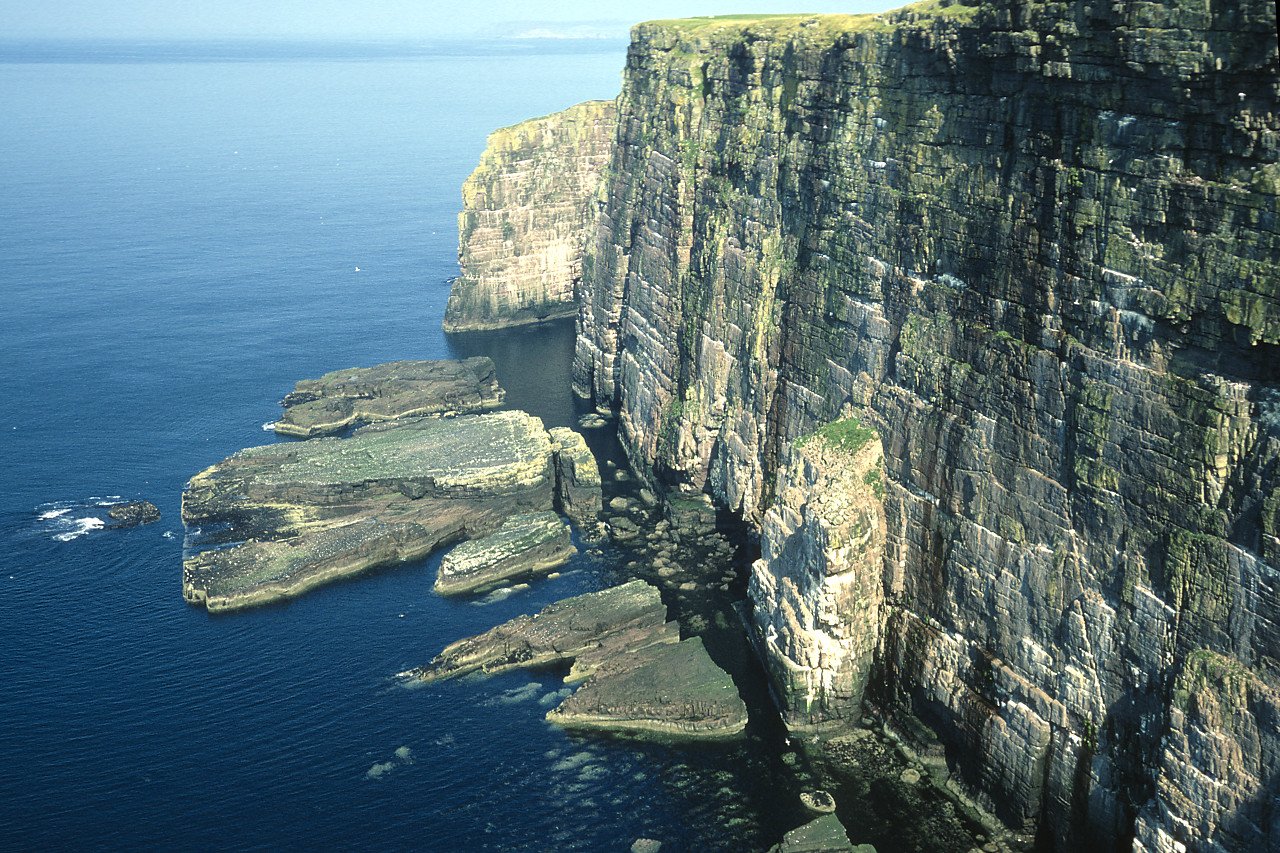
Ireland’s rugged Atlantic coast is a sanctuary for seabirds like puffins, razorbills, and gannets. Eco-lodges set on windswept cliffs offer front-row seats to spectacular nesting colonies. Travelers can join guided boat trips that raise funds for habitat protection and help monitor bird populations. Many eco-getaways also support beach clean-ups and educational outreach, teaching visitors about the threats of plastic pollution and overfishing. The drama of the sea, the calls of thousands of birds, and the raw power of the wind make these getaways unforgettable. Every action taken by guests ripples outwards, protecting fragile coastlines for generations to come.
Brown Bear Watching in Finland’s Taiga Forests
Finland’s untouched taiga forests are one of the last strongholds for Europe’s brown bears. Eco-lodges here are built with a light touch, blending into the landscape so as not to disturb wildlife. Guests can spend silent nights in hides, witnessing the gentle giants roam free under the midnight sun. Conservation fees help fund anti-poaching efforts, scientific tracking, and education for both locals and visitors. Seeing a bear in the wild ignites awe and respect, forging a deep connection between humans and nature. Every sighting is a testament to the power of conservation tourism.
Wetland Wonders in the Danube Delta
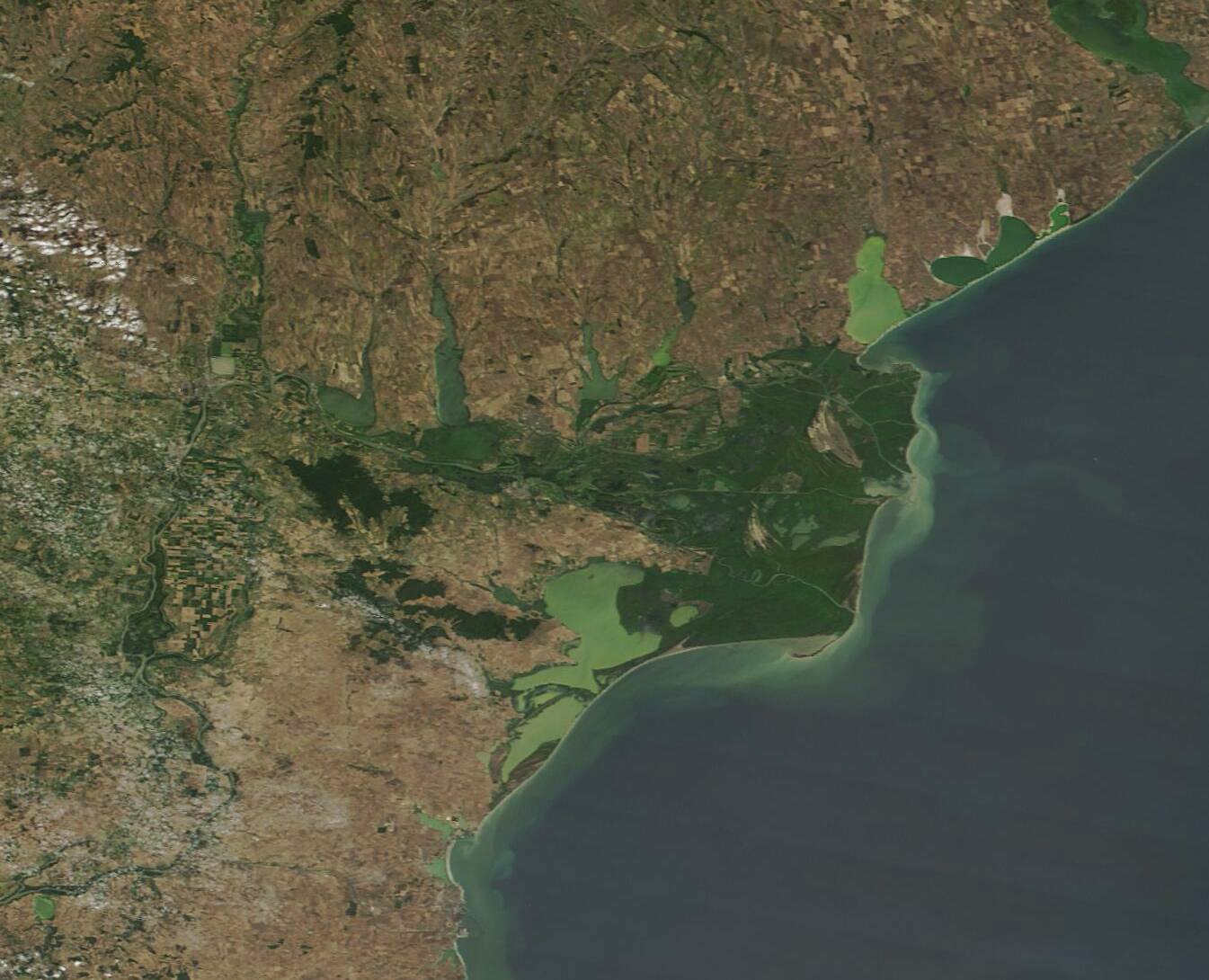
The Danube Delta, where Europe’s second-longest river meets the Black Sea, is a paradise of reeds, water lilies, and countless bird species. Eco-lodges built on stilts offer immersive stays in this watery world, with canoe trips led by expert naturalists. Guests may spot rare pelicans, otters, and even wild horses, all thriving thanks to ongoing habitat protection. These eco-getaways are crucial for funding anti-poaching patrols and invasive species control, keeping the delta’s intricate web of life intact. The rhythm of water and wind makes every moment here a meditation on nature’s resilience.
Forest Immersion in Slovenia’s Triglav National Park
Slovenia’s Triglav National Park is a mosaic of deep forests, crystal rivers, and alpine peaks. Eco-getaways here go beyond hiking—they offer hands-on involvement in trail restoration, wildlife monitoring, and traditional land management. Visitors learn about the delicate balance that keeps lynx, chamois, and rare orchids thriving. Many stays include workshops on herbal medicine or nature photography, deepening guests’ appreciation for the wild. Conservation fees directly support the park’s research and reforestation programs, ensuring these ancient woods endure. The connection forged with the land lingers long after travelers return home.
Conservation Safaris in Spain’s Doñana National Park
Doñana National Park in southern Spain is a mosaic of marshes, dunes, and forests, vital for endangered species like the Iberian lynx. Eco-getaways here are modeled on African safaris, with expert guides leading small groups in search of wildlife. Every guest helps fund lynx tracking, wetland restoration, and anti-poaching units. The thrill of spotting a wild lynx or imperial eagle is heightened by knowing your adventure helps secure their future. Doñana’s unique blend of cultures and landscapes makes every visit a celebration of Europe’s wild heart.
Key Takeaways and a Call to Action
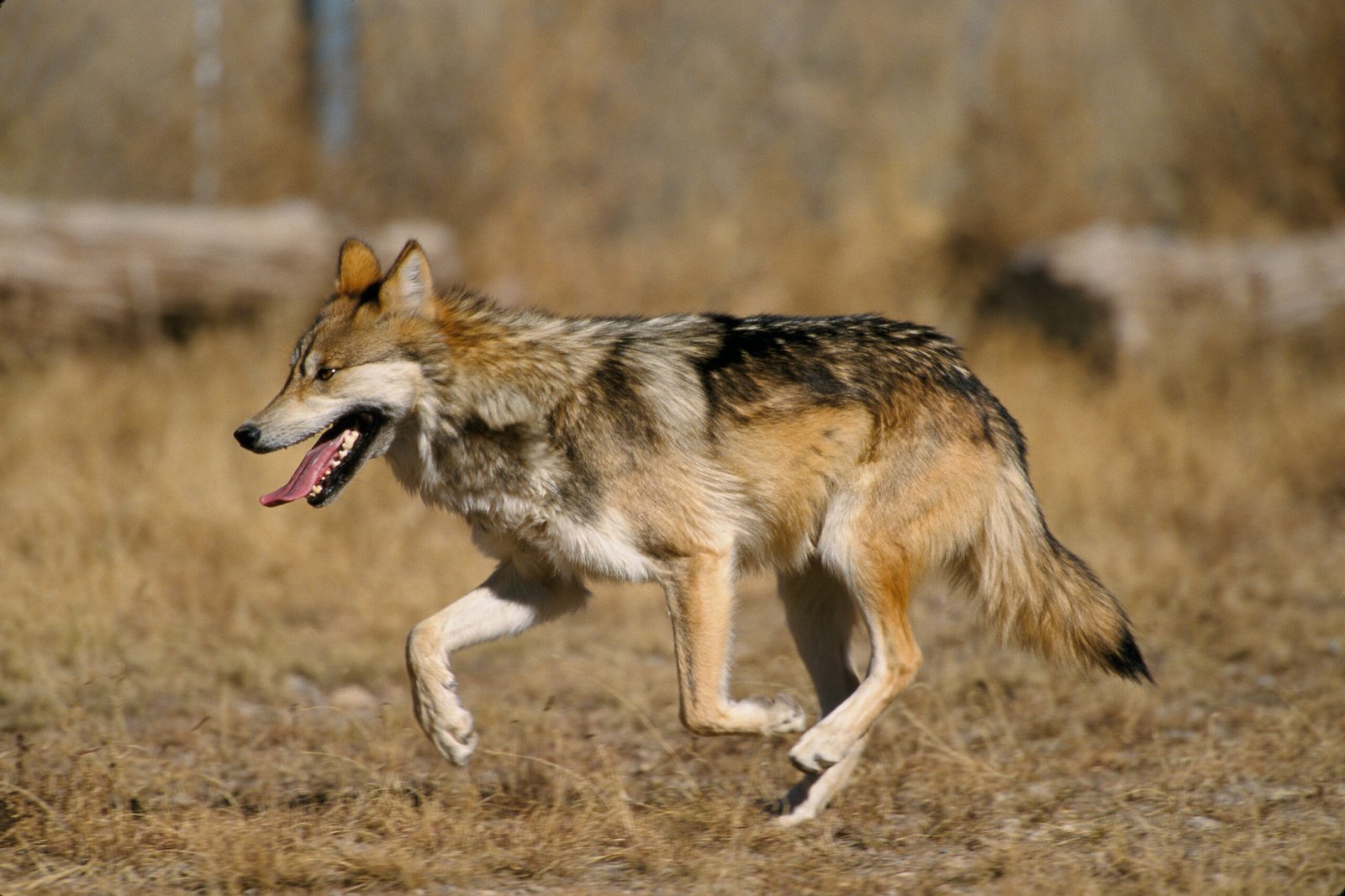
Choosing an eco-getaway this summer isn’t just about ticking destinations off a list—it’s about joining a movement that protects Europe’s wild places and the creatures that call them home. Each adventure, whether tracking wolves or planting wildflowers, becomes a small act of hope for the planet. The landscapes you explore today could be even wilder tomorrow, thanks to the choices you make. Will you answer the call of the wild and help shape the future of Europe’s natural wonders?


